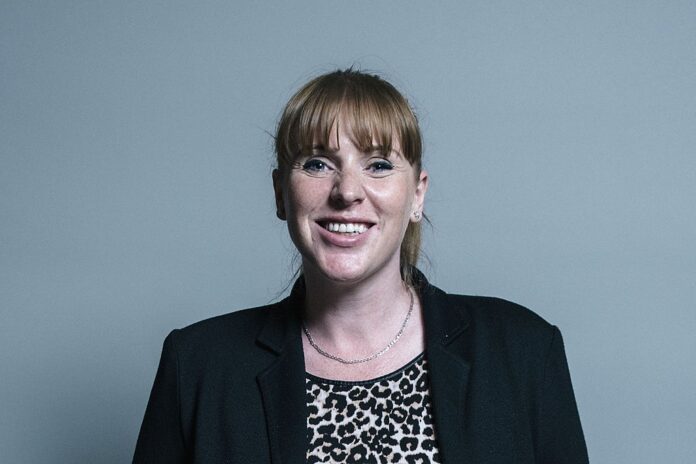In a fiery exchange of Prime Minister’s questions, Angela Rayner defends labour’s economic policies while Alex Burghart attacks inheritance tax changes affecting farmers
The latest Prime Minister’s Questions (PMQs) witnessed a heated confrontation between Deputy Prime Minister Angela Rayner and Conservative frontbencher Alex Burghart over the economy and farming issues. With Prime Minister Rishi Sunak absent due to his attendance at the G20 summit in Rio de Janeiro, Rayner stepped up to the challenge, facing Burghart who was deputising for newly installed Conservative leader Kemi Badenoch.
The clash, characterised by sharp exchanges and raucous interjections, centred on a series of policy decisions with significant implications for the country’s farmers. Burghart, standing in for Badenoch, was quick to criticise Labour’s handling of the economy, particularly with regard to inheritance tax changes affecting farmers. He condemned the government for what he called a “punishment” aimed at those in the farming industry. “If you don’t vote Labour, they don’t care about you,” he asserted, accusing the opposition of neglecting the needs of farmers.
In response, Rayner sought to deflect the criticisms, arguing that the “vast majority” of farmers would not be impacted by the proposed changes. She highlighted that Labour was doing its best to clear up the financial mess left by previous governments, a reference to ongoing fiscal adjustments in the wake of the austerity measures implemented under the previous Conservative administration. Rayner accused the Tories of piling the country’s debts onto the “credit card,” suggesting that their economic approach was a short-term fix rather than a sustainable solution.
Embed from Getty ImagesThe debate intensified as Burghart continued his assault, accusing Labour of stoking inflation and ignoring the economic challenges faced by the farming community. He pointed to recent protests by farmers, which had erupted over the inheritance tax reforms, as proof of the growing discontent within rural communities. The Conservative frontbencher’s criticism was met with jeers and applause from MPs on both sides of the House as the debate grew increasingly heated.
Rayner, undeterred, stood her ground, arguing that the Labour Party was making tough decisions to stabilise the economy. She insisted that while difficult choices were being made, they were necessary to steer the country out of the mess left behind by the Tories. The Deputy Prime Minister also made it clear that Labour’s approach would focus on long-term economic health, rather than relying on immediate, short-term fixes.
The exchange also touched upon the broader economic challenges facing the nation. Inflation, rising costs, and the growing pressure on farmers to adapt to changing tax regulations formed the backdrop to this tense PMQs session. Rayner’s statements on tackling the economic fallout from previous government policies resonated with Labour MPs, while Burghart’s fierce opposition reflected the Conservative strategy of highlighting what they perceive as Labour’s failures in managing the economy.
Keir Starmer, the Labour leader, who has been at the G20 summit in Brazil, was notably absent, but is expected to return to the UK later today. His absence did little to dampen the intensity of the debate, as both Rayner and Burghart made strong cases for their respective parties’ economic positions.
The session ended with a final round of applause from the MPs, but the clash over the economy and farming is likely to echo in the coming days, with both sides bracing for further scrutiny. For Rayner, it was another opportunity to solidify her position as a key player in Labour’s response to the country’s economic woes. For Burghart, it marked his debut as a deputy for Kemi Badenoch, setting the tone for what promises to be a vigorous Conservative challenge to Labour’s economic agenda.
As the political landscape continues to shift, the debate over inheritance tax and its impact on farmers is sure to be a key issue in the upcoming months, with both parties facing pressure to address the growing concerns of rural voters.
